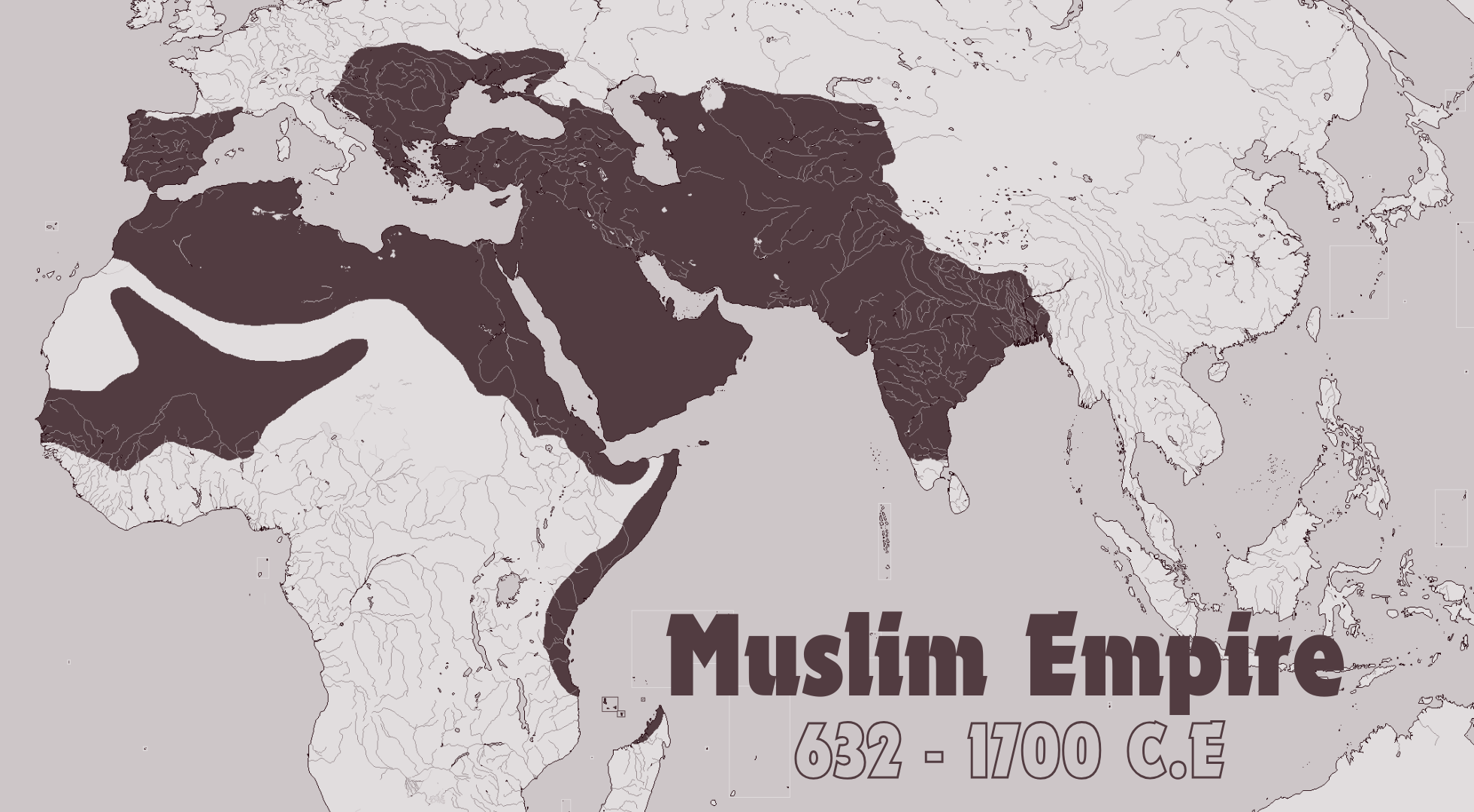Unveiling History: Rediscovering Arab Contributions to Science and Civilization

The annals of history are often written by the victors, and in the process, many significant contributions by non-Western civilizations tend to get overshadowed or outright ignored. Today, we shine a light on critical contributions by Arab and Muslim scholars, whose work laid the foundation for many aspects of the modern world. From groundbreaking discoveries in physics and mathematics to pioneering medical practices and everyday utilities, the Arab world's impact is profound and far-reaching.
Ibn Al-Haytham: The True Pioneer of Gravity and Motion?
We often credit Sir Isaac Newton with the discovery of gravity and the laws of motion, but few know that Ibn Al-Haytham, a polymath from the Golden Age of Islam, had already laid much of the groundwork 600 years earlier. Al-Haytham, also known as Alhazen in the West, was instrumental in the development of the scientific method. His work in optics and his theories about the nature of light and vision were revolutionary. Al-Haytham’s explorations and thought experiments regarding motion and gravitational pull were precursors to what Newton later formulated.
The Lens: Arab Innovations in Optics
Another often-overlooked figure is Abu Ali al-Hasan ibn al-Haytham, who is credited with significant advancements in optics. His “Book of Optics” not only corrected ancient Greek misunderstandings but also led to innovations that are the precursors to the lenses we use in modern eyeglasses and cameras. This Arab scholar's work laid the foundation for optical science, making it possible for millions around the world to see clearly today.
The First Flight: A Forgotten Pioneer
The Wright Brothers are celebrated for achieving the first controlled flight. However, Abbas Ibn Firnas, an Andalusian polymath from the 9th century, made several significant attempts at human flight hundreds of years earlier. Though not entirely successful in maintaining flight, his pioneering designs and experiments laid foundational principles that would eventually contribute to modern aeronautics.
Arabic Numerals: Revolutionizing the World of Mathematics
Numbers as we know them today owe their structure to the brilliant minds of the Arab world. The introduction of Arabic numerals was a massive improvement over Roman numerals, simplifying calculations and fostering advancements in various fields of science and engineering. This system, imported to Europe through translations of Arabic texts, became a cornerstone of modern mathematics.
The Birth of Modern Medicine
Modern medicine owes much to the Arab and Muslim scholars of the Islamic Golden Age. Figures like Al-Razi (Rhazes) and Ibn Sina (Avicenna) compiled vast medical encyclopedias that were used in Europe for centuries. They made significant advances in diagnosing and treating various diseases, surgical techniques, and the use of medicinal drugs. Their works laid the groundwork for clinical practices that are still in use today.
The Moors: Educators of a Medieval Europe
When the Moors, who were Black and Muslim, took control of parts of Spain in the 8th century, they brought with them advanced knowledge in various fields, including hygiene, literacy, and agriculture. At a time when much of Western Europe was languishing in the so-called Dark Ages, the Moors established universities, public baths, and libraries. They taught Europeans how to bathe regularly, maintain hygiene, and appreciate the written word, completely transforming the societal landscape of the region.
Conclusion
History is a complex tapestry, and it’s high time we honor the threads contributed by the Arab and Muslim worlds. These pioneers not only preserved ancient knowledge but also advanced it, laying the bedrock for many of the technologies and practices that shape our current lives. As a society, we must recognize and celebrate these contributions, ensuring they receive the acknowledgment they so rightfully deserve.




